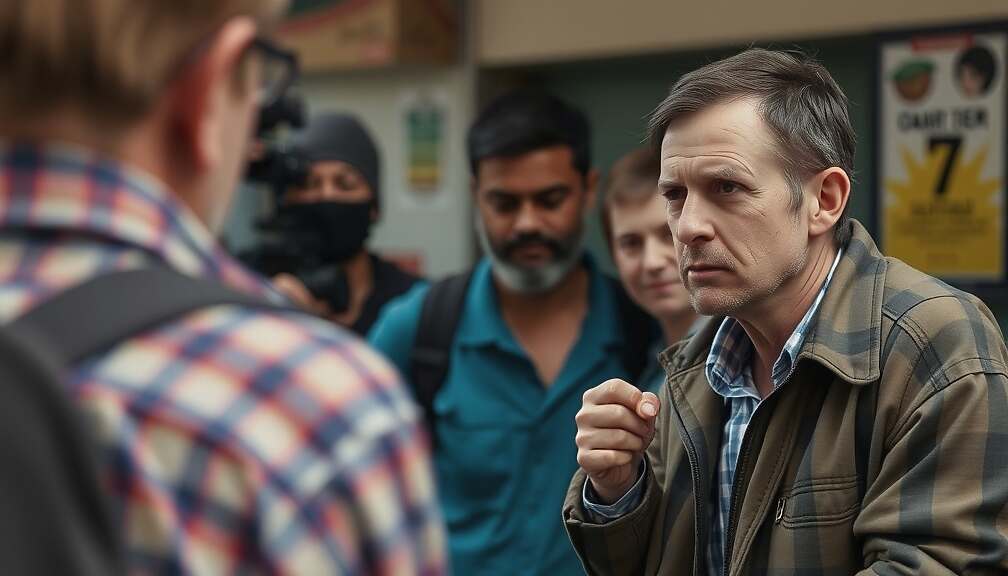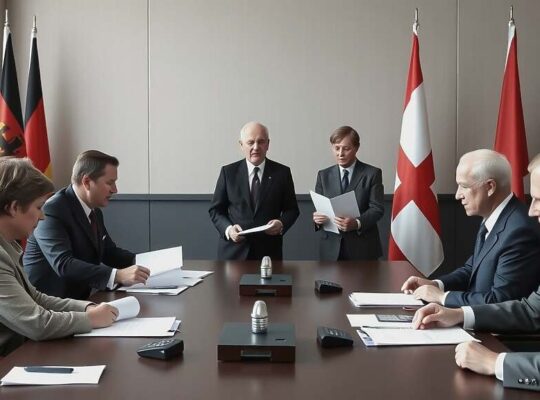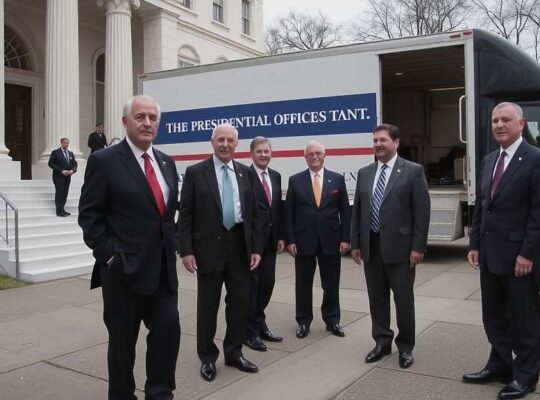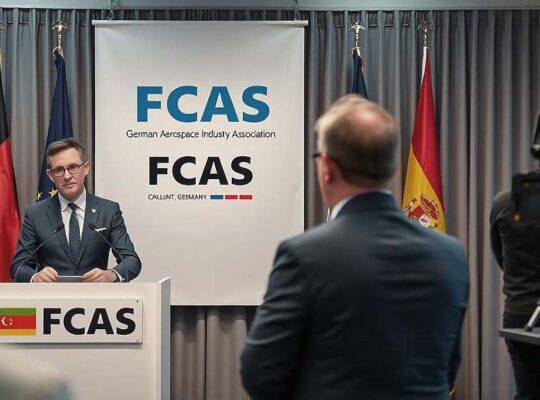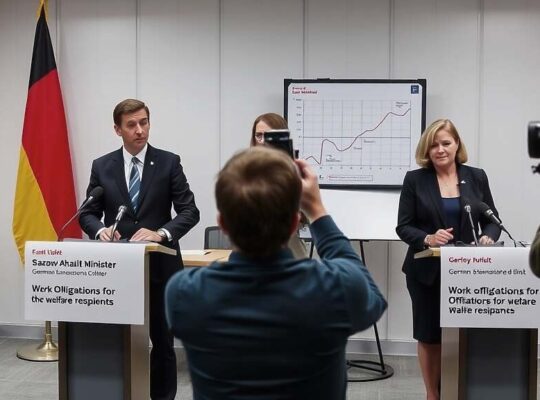The recent call to action, “We Are the Daughters” signed by over 50 prominent women across German politics, arts and society, has garnered cautious praise from within the ruling Christian Democratic Union (CDU). Nina Warken, chairwoman of the CDU’s Women’s Union and also the Federal Minister of Health, lauded the initiative’s willingness to engage in dialogue surrounding issues raised by CDU leader Friedrich Merz, contrasting it with a tendency toward automatic opposition.
However, Warken’s endorsement was quickly framed within a broader and potentially divisive, political narrative. She explicitly linked concerns regarding women’s safety to the ongoing debate surrounding migration, asserting that newcomers to Germany must adhere to the nation’s established rules. This statement, while couched in language of integration, immediately triggered scrutiny, with critics accusing the CDU of conflating distinct issues and exploiting women’s safety concerns to bolster anti-immigration sentiments.
The “We Are the Daughters” call itself, while broadly supportive of improvements to women’s safety and rights, proactively distanced itself from any potential appropriation for “racist narratives”. Its demands encompass comprehensive reforms including enhanced prosecution of sexual and domestic violence, the explicit inclusion of femicide within the criminal code, adequate funding for women’s shelters and safe spaces and a concerted effort to address digitally motivated violence and racism. The signatories also advocate for a reform of Germany’s abortion laws and a campaign to tackle the growing problem of poverty among older women.
The convergence of these viewpoints – the cautious endorsement from a key CDU figure combined with the signatories’ explicit rejection of racist exploitation – highlights a complex and potentially fraught political landscape. While the call has presented an opportunity to advance a broad spectrum of issues impacting women, the framing of safety concerns within the context of migration raises questions about the true motivations behind the CDU’s support and the potential for the initiative to be leveraged for political gain. The challenge now lies in ensuring that the “We Are the Daughters” message remains focused on its core objectives and is not diluted or distorted by partisan maneuvering. The planned collaboration with the SPD, the CDU’s coalition partner, will be crucial in determining whether concrete action follows, or whether this moment proves to be merely symbolic.


